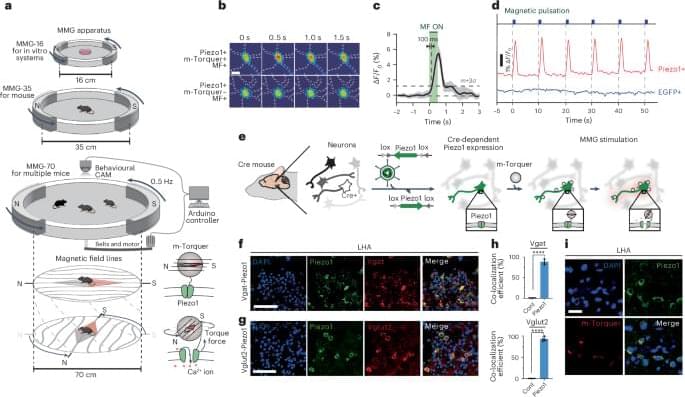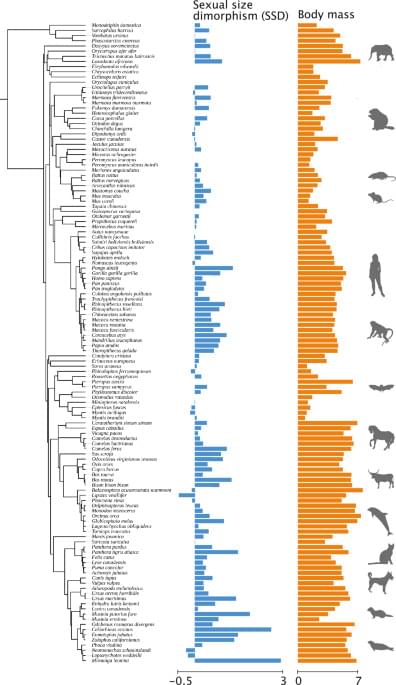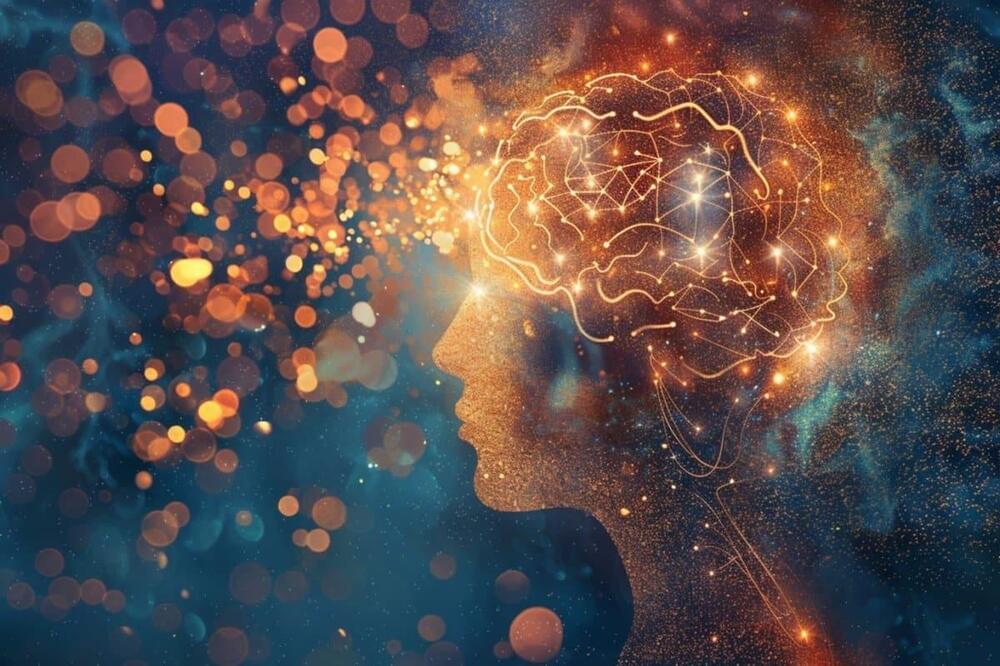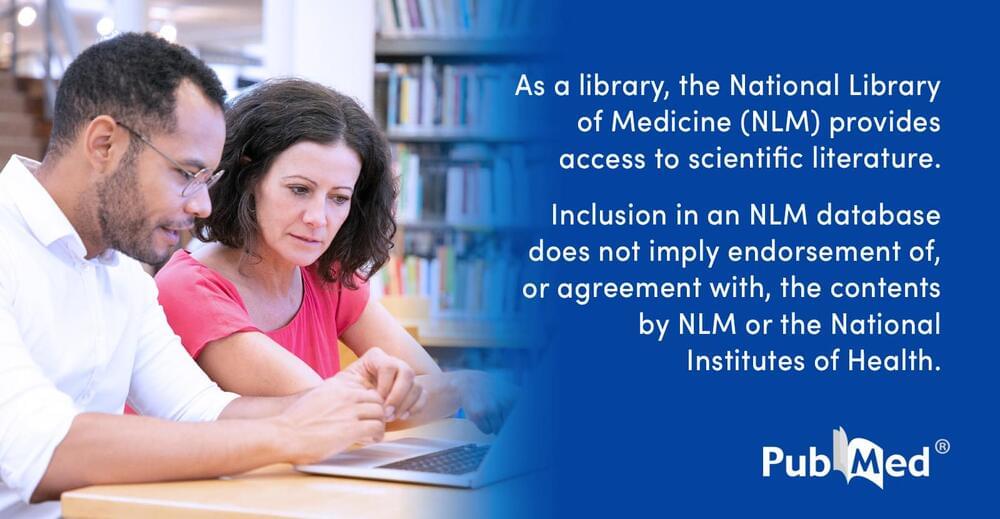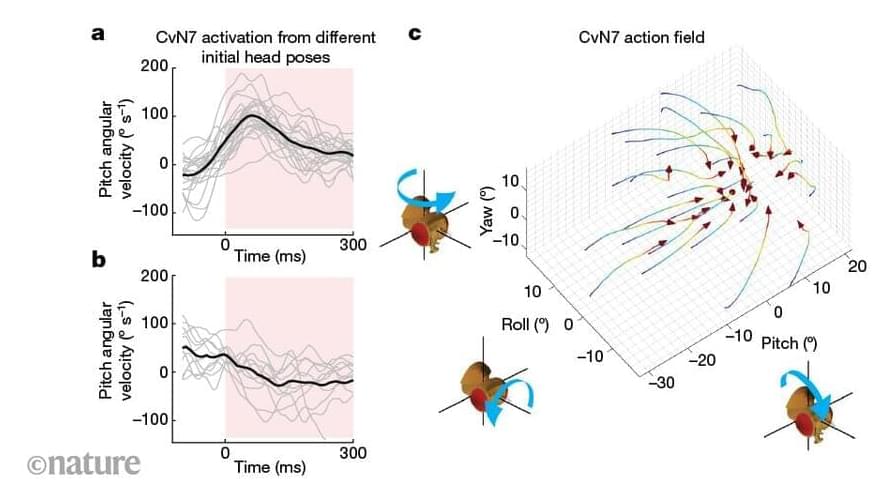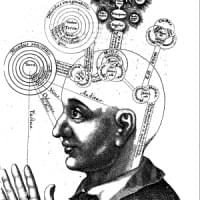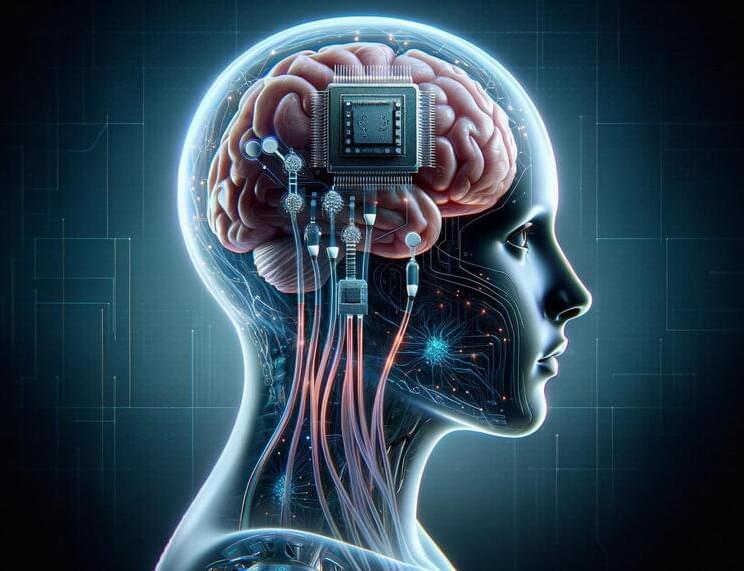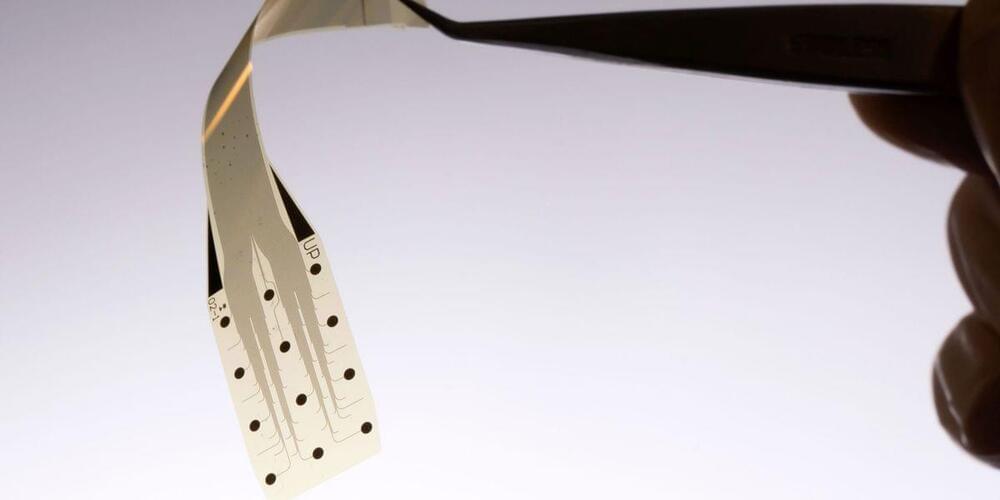The Cartesian model of mind-body dualism concurs with religious traditions. However, science has supplanted this idea with an energy-matter theory of consciousness, where matter is equivalent to the body and energy replaces the mind or soul. This equivalency is analogous to the concept of the interchange of mass and energy as expressed by Einstein’s famous equation [Formula: see text]. Immanuel Kant, in his Critique of Pure Reason, provided the intellectual and theoretical framework for a theory of mind or consciousness. Any theory of consciousness must include the fact that a conscious entity, as far as is known, is a wet biological medium (the brain), of stupendously high entropy. This organ or entity generates a field that must account for the “binding problem”, which we will define. This proposed field, the conscious electro-magnetic information (CEMI) field, also has physical properties, which we will outline. We will also demonstrate the seamless transition of the Kantian philosophy of the a priori conception of space and time, the organs of perception and conception, into the CEMI field of consciousness. We will explore the concept of the CEMI field and its neurophysiological correlates, and in particular, synchronous and coherent gamma oscillations of various neuronal ensembles, as in William J Freeman’s experiments in the early 1970s with olfactory perception in rabbits. The expansion of the temporo-parietal-occipital (TPO) cortex in hominid evolution epitomizes metaphorical and abstract thinking. This area of the cortex, with synchronous thalamo-cortical oscillations has the best fit for a minimal neural correlate of consciousness. Our field theory shifts consciousness from an abstract idea to a tangible energy with defined properties and a mathematical framework. Even further, it is not a coincidence that the cerebral cortex is very thin with respect to the diameter of the brain. This is in keeping with its fantastically high entropy, as we see in the event horizon of a black hole and the conformal field theory/anti-de Sitter (CFT/ADS) holographic model of the universe. We adumbrate the uniqueness of consciousness of an advanced biological system such as the human brain and draw insight from Avicenna’s gendanken, floating man thought experiment. The multi-system high volume afferentation of a biological wet system honed after millions of years of evolution, its high entropy, and the CEMI field variation inducing currents in motor output pathways are proposed to spark the seeds of consciousness. We will also review Karl Friston’s free energy principle, the concept of belief-update in a Bayesian inference framework, the minimization of the divergence of prior and posterior probability distributions, and the entropy of the brain. We will streamline these highly technical papers, which view consciousness as a minimization principle akin to Hilbert’s action in deriving Einstein’s field equation or Feynman’s sum of histories in quantum mechanics. Consciousness here is interpreted as flow of probability densities on a Riemmanian manifold, where the gradient of ascent on this manifold across contour lines determines the magnitude of perception or the degree of update of the belief-system in a Bayesian inference model. Finally, the science of consciousness has transcended metaphysics and its study is now rooted in the latest advances of neurophysiology, neuro-radiology under the aegis of mathematics.
Keywords: anatomy & physiology; brain anatomy; disorders of consciousness; philosophy.
Copyright © 2020, Kesserwani et al.
